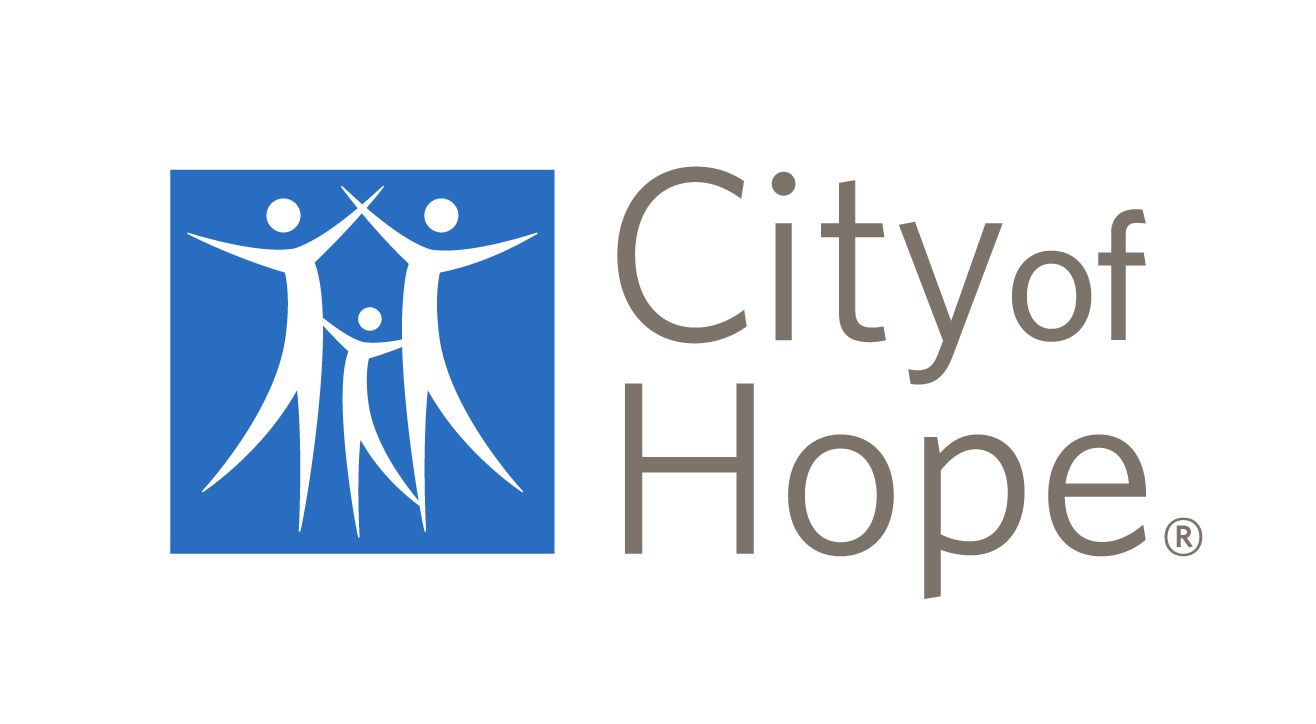- Advertise
- About OncLive
- Editorial Board
- MJH Life Sciences brands
- Contact Us
- Privacy
- Terms & Conditions
- Do Not Sell My Information
2 Clarke Drive
Suite 100
Cranbury, NJ 08512
© 2025 MJH Life Sciences™ and OncLive - Clinical Oncology News, Cancer Expert Insights. All rights reserved.
Dr. Garg on the Emergence of Antiandrogen Agents in nmCRPC
Natasha Garg, DO, discusses the emergence of antiandrogen agents in the nonmetastatic castration-resistant prostate cancer treatment paradigm.
Natasha Garg, DO, medical oncologist, assistant clinical professor, Department of Medical Oncology and Therapeutics Research, City of Hope, discusses the emergence of antiandrogen agents in the nonmetastatic castration-resistant prostate cancer (nmCRPC) treatment paradigm.
Previously, few treatment options were available for this patient population, according to Garg. However, pivotal trials, including the phase 3 SPARTAN trial (NCT01946204) with apalutamide (Erleada), the phase 3 PROSPER trial (NCT02003924) with enzalutamide (Xtandi), and the phase 3 ARAMIS trial (NCT02200614) with darolutamide (Nubeqa), have revolutionized treatment and expanded options, Garg explains.
The trials were similar in design, with only minimal differences. All were multicenter, phase 3, double-blinded trials that randomized patients 2:1 to receive either the study drug or placebo, Garg notes. Additionally, all the trials included patients with a prostate-specific antigen (PSA) doubling time of 10 months or less. Androgen deprivation therapy was continued for all participants, Garg concludes.


